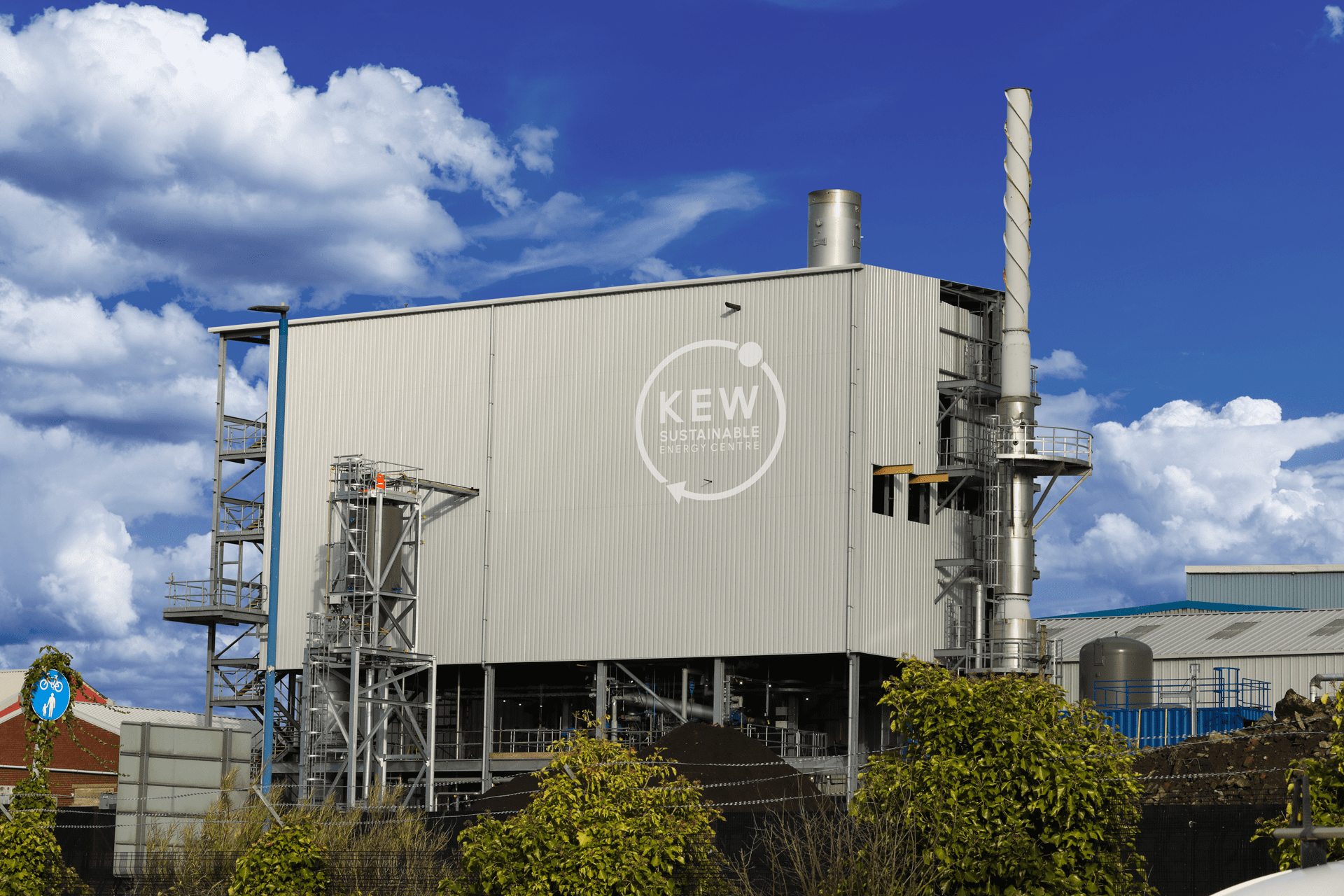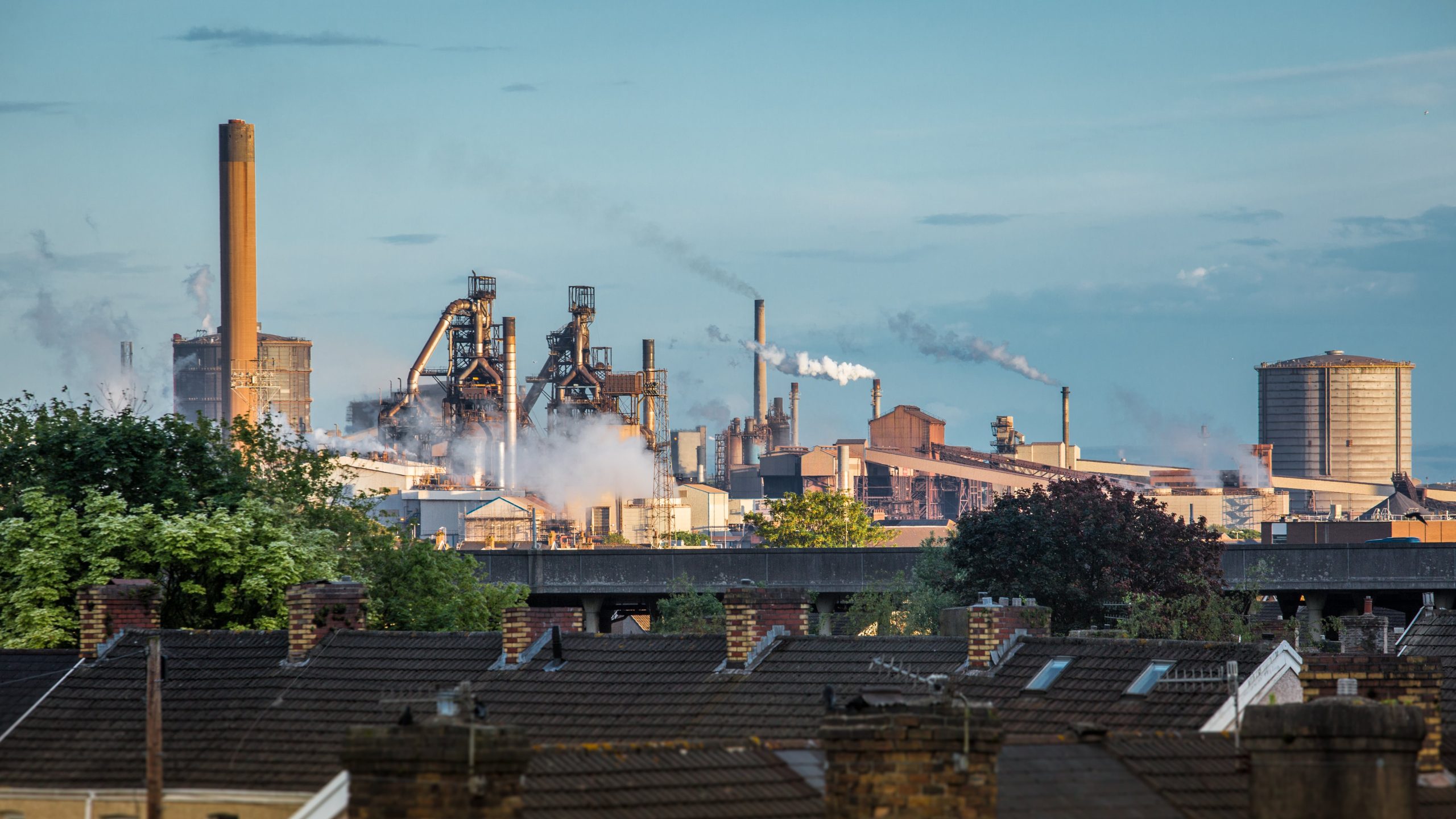Over £4M Funding to Boost Waste-to-hydrogen Technology

KEW Technology has secured over £4.4 million of funding to turn its research into waste-to-hydrogen technology solutions into a real-world demonstration.
The award from the Department for Energy Security and Net Zero’s Hydrogen BECCS (Bio-energy with Carbon Capture and Storage) Innovation Programme will see the retrofit of KEW Technology’s existing advanced gasification plant with a new add-on technology solution to separate hydrogen and carbon.
Five different technologies were explored by KEW Technology
Following the sustainable energy solutions company’s analysis and conclusions from Phase 1 of the programme, which saw it explore five technology options for separation, Pressurised Water Absorption (PWA) was chosen as the best low-carbon, efficient solution to produce high-purity hydrogen for fuel cell vehicles.
Kevin Chown, COO of KEW Technology Ltd, revealed the five technology options that were explored: “In partnership with Aston University we assessed Amine, Carbonate, PWA, Cryo with PSA and Cryo with membrane package against key criteria including cost, energy requirements and hydrogen purity and efficiency.”
Continuing, Kevin explained that the decision to go forward with PWA was because of its potential: “PWA was chosen as the best solution to take forward for its greater energy efficiency compared to available technology on the market. Others need thermal energy and combustion of a substantial proportion of the energy produced unless a waste heat source is locally available.”
With PWA systems utilising only water (retained and recycled), not continuous consumption, it offers lower environmental impact and risk than the use of chemical solvents.
The funding could help to reduce energy consumption
KEW Technology’s technological solution H2 BECCS only uses end-of-life waste or low-grade biomass as the feedstock to produce syngas and subsequently hydrogen.
An independent assessment of its GHG emissions has overall capture savings of over 25,000 tonnes annually.
Highlighting how the waste-to-hydrogen technology will help the UK with its decarbonisation efforts, Kevin added: “We’re thrilled to have been awarded further funding and strongly believe that the proposed solution with its innovative separation technology that reduces energy consumption and avoids the use of chemicals will achieve very effective energy performances.”
This will significantly improve the cost-effectiveness of producing hydrogen from non-recyclable wastes or biomass.
The funding could significantly help to accelerate the commercialisation and the readiness level of the emerging technology.
For the past 10 years, KEW Technology has designed, developed, and tested at a commercial scale its high-pressure gasification process at its Sustainable Energy Centre in the West Midlands in the UK.
This flagship facility converts biomass and biomass-rich waste streams into clean, tar-free, hydrogen-rich synthetic syngas and is key in showcasing commercial-scale waste-to-molecules and CCUS solutions before making them available to the market.

